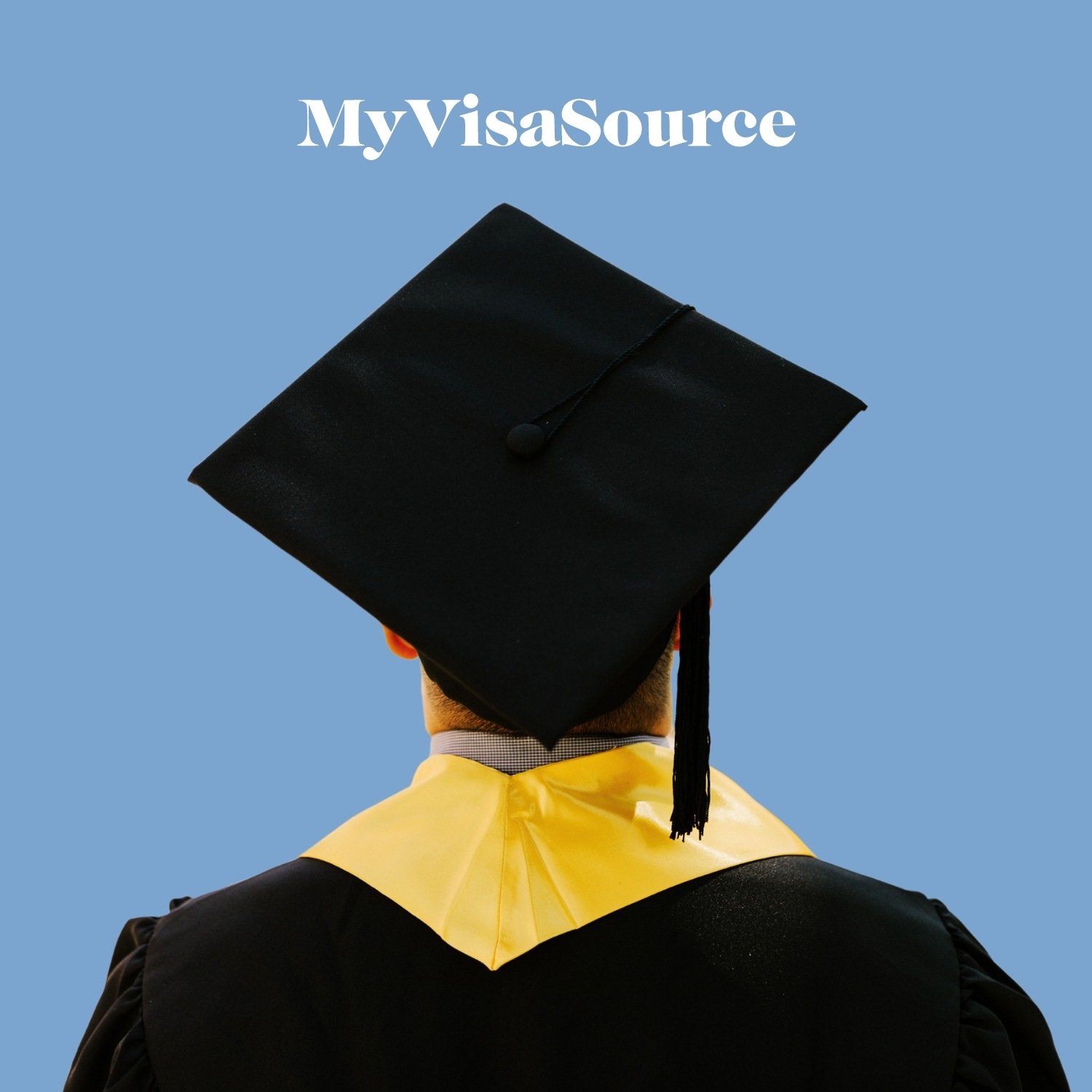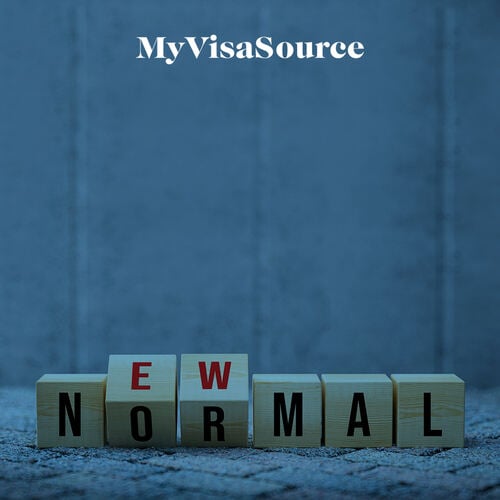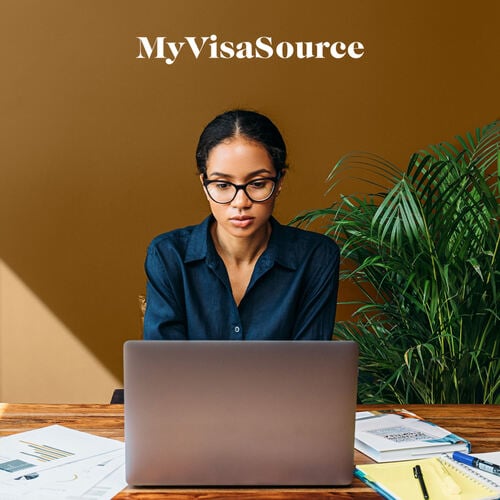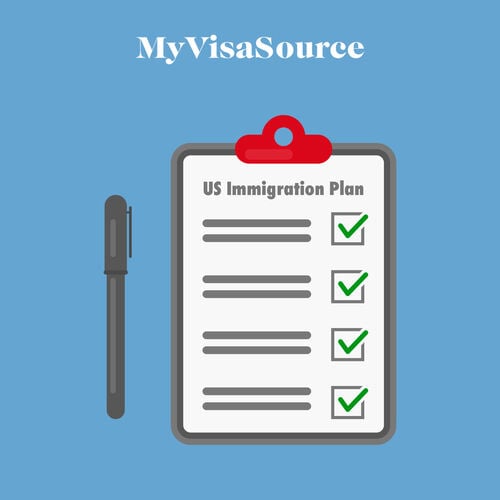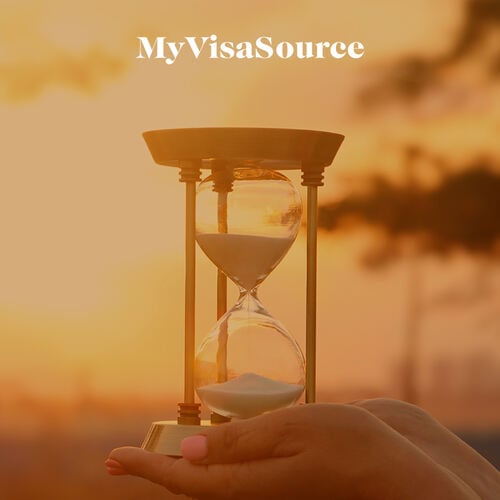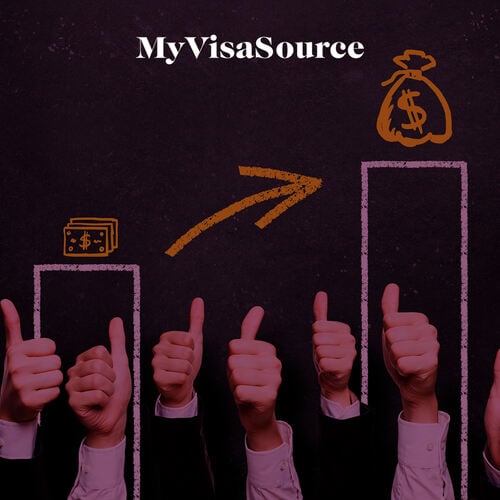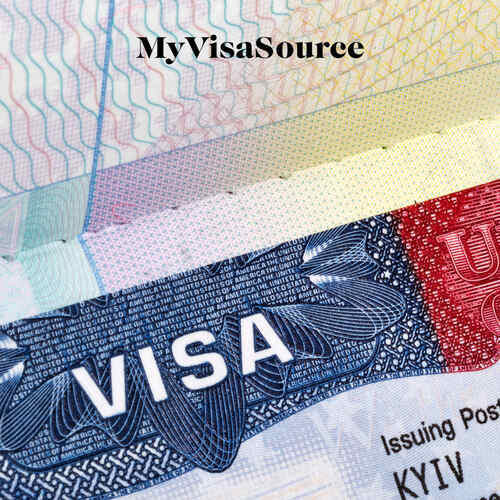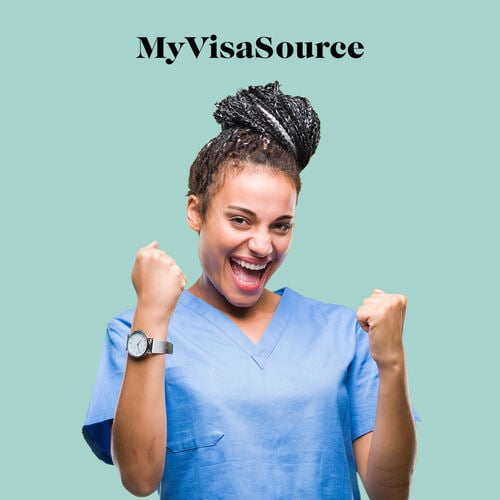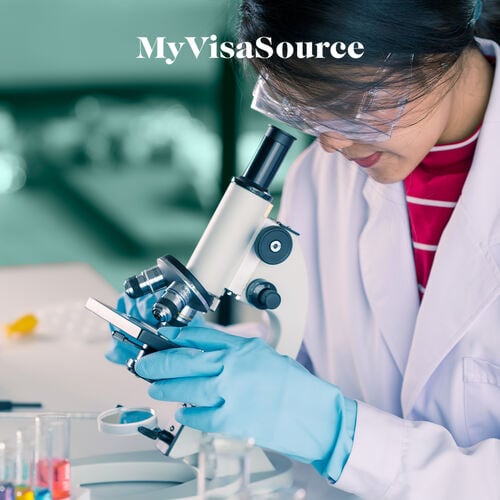In most cases, international students in the US on an F-1 visa are only permitted to stay in the United States for 60 days following their graduation date. However, you can take steps to extend your stay in the US, which can lead to a green card or citizenship. We'll take a closer look at some of those options below.
Optional Practical Training (OPT)
Optional Practical Training (OPT) is a way to stay in the United States for at least one year after completing your undergraduate or graduate degree as an international student on an F-1 visa. Through OPT, you must find a job in your field of study to gain valuable work experience. In most cases, OPT permits you to stay in the US for one year after you complete your studies. However, science, technology, engineering and mathematics (STEM) program graduates may be eligible for a two-year stay.
To ensure you're eligible for OPT, you must submit work authorization forms to USCIS. It is also important to note that you do not have to wait until your graduating year to apply for and participate in your OPT. If you choose to do OPT while pursuing your studies, your work will be limited to 20 hours per week during the school year. You can also only do OPT once per degree. This means that you could have this extra year of work experience after completing your undergraduate degree and then have another OPT year after pursuing a graduate degree.
While the time allowance on OPT is very limited, it is an excellent opportunity for you to build connections with an employer who may then be able to sponsor you for an employment-based visa, like the H-1B visa.
H-1B Visa
The H-1B non-immigrant visa is another way for international students to extend their stay in the US. This visa is specific to workers in specialty occupations that require someone with a degree in your field of study to fill the job. Eligible applicants for the H-B1 visa should have a bachelor's, master's or doctorate degree to be considered.
Applying for this visa requires an employer to sponsor you, telling USCIS they need you to fill a job. As mentioned above, you can apply for an H-1B visa after OPT because that may be a way for you to connect with an employer. However, you are not required to complete OPT before applying for an H-1B visa as long as you have an employer willing to sponsor you.
The H-1B visa is a great way to extend your stay in the US because it can authorize you to live and work in the US for a maximum of six years. It is usually granted for an initial period of three years, and it can then be extended for three more. This is an excellent option because once you are in your fifth year of employment, your employer can help you apply for employment-based permanent resident status in the US.




